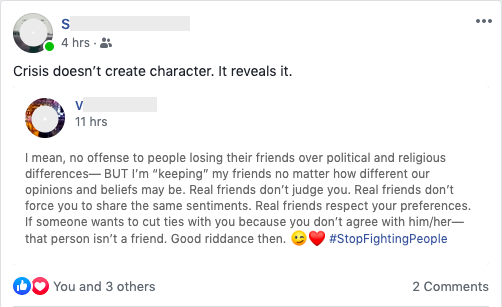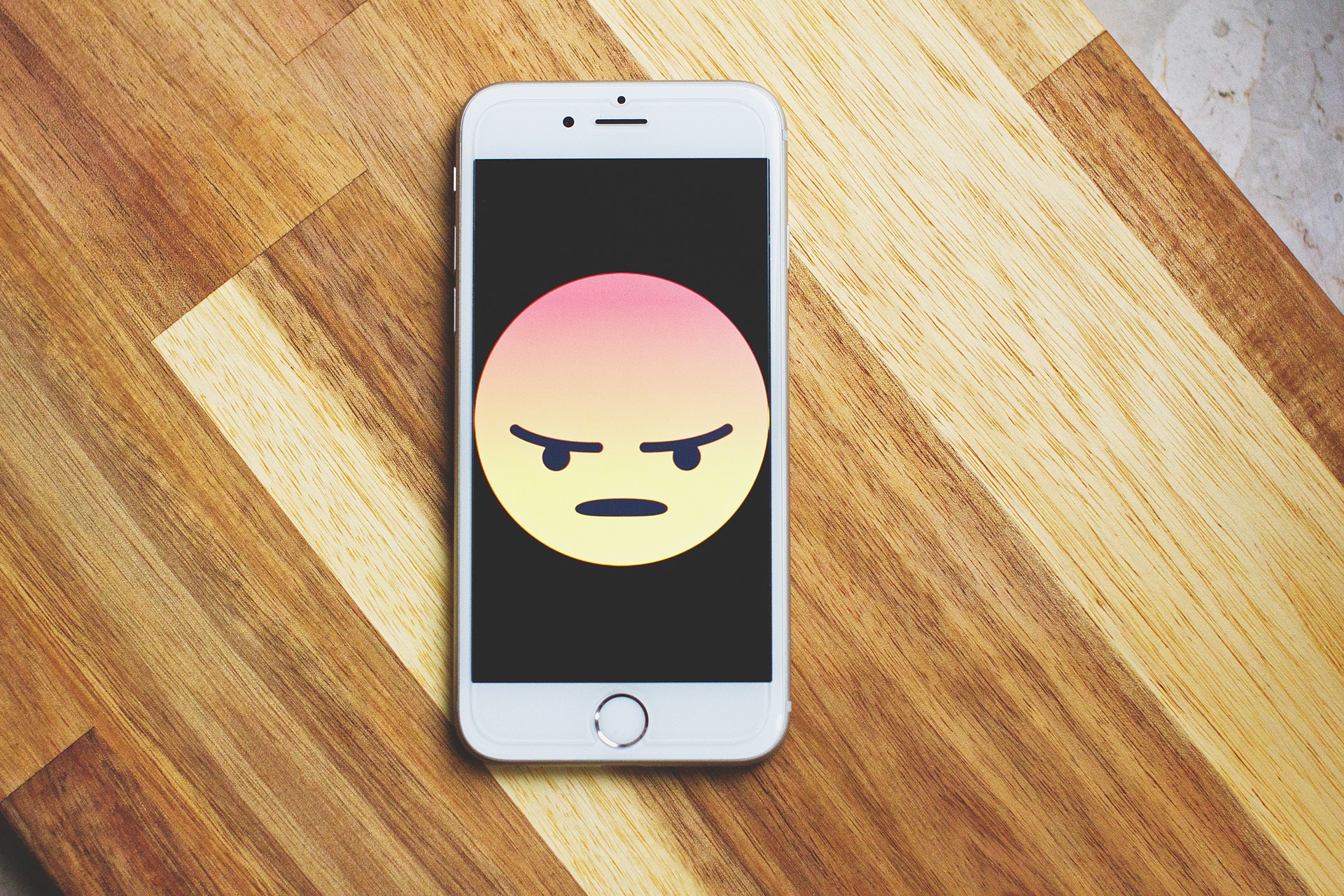It’s Day 5 of the Blogging from A to Z Challenge! When I wrote down my ideas for the entries, I knew that E-day would be about emotional competence. It is a topic that I have been exploring since I participated in the World Forum for Democracy in November 2019.
I have written about my experience of anxiety at the onset of the outbreak and how it partially led me to indolence. My dear readers from around the globe are all facing similar issues and emotions – some told me via instant messaging apps, for others I saw their social media updates. I wanted to talk to some close friends in Beijing, but I reckoned they were experiencing the same and that I did not want to divulge too much of my personal stuff with them.
It did not help that all of my social networks at the time were pushing a constant stream of information onto my device. Who would not freak out if that invisible enemy known as the coronavirus could knock you down and make you sick? Add that to the fearmongers, the self-proclaimed experts, the gossipers, the news reporters, the well-wishers, the social media evangelists, the keyboard warriors, the scientists and experts, and everyone in between–all speaking at the same time. Craziness streaming live, madness popping out of your phone, nervousness alarming like notifications. Insanity in an instant.
But in all of those moments, I could say I remained aware although something (the Anxiety Creature!) had paralyzed me to act immediately. Binging was one quick solution, as was staying away from WeChat and other social media, to the point that I dismissed posting videos on my Instagram Stories (which could have been a visual document of my pandemic experience) or publishing online journals. If there were stuff that recorded my activity over those weeks, those would be the tweets I retweeted or liked.
That I acknowledge my situation and become aware of the negative effects of social media on my wellbeing feels reassuring, since I can exercise the digital-era skill of emotional competence, a kind of strength to navigate the wavering and woeful world wide web of the 21st century. For a quick reference, here is what I wrote about that:
When we receive and consume tons of information nowadays, surely there are bits of “fake news” or misleading information or alternate realities that slip through our consciousness, slowly building up that we become numb, feel indifferent, or conscious of our own realities.
Once we are subjected to stimulants, we begin to think and it triggers a response, which can manifest through emotions or body sensations. If these emotions occur continuously, they become actions or behaviors that can trigger more emotions. The back-and-forth cycle eventually numbs us. That can make us feel indifferent or resilient, depending on how you perceive your reality. If you choose to be resilient, you develop a “brain muscle” that helps control our emotions or identify the world through different lenses.
In this age of disinformation and fake news, the trainers assert that “critical thinking is a prime competence that is hindered by a lack of emotional resilience.”
It is not unusual to see now on many social networks a stream of disinformation. I get angry and dizzy whenever I see posts or tweets from people who use their *free* time now to aggravate the health crisis. When I feel just that, I stop looking at my social networks or focus my attention on productive activities instead. I’ve seen Facebook posts saying people should “unfriend in real life” or disassociate with contacts whose views are different or conflicting.
I’ve been trying to pump articles on developing emotional competence onto my accounts, in the hope that my contacts will realize how they can realign their energies and better focus on the actions that will benefit other people. That’s wishful.
If you were just like the Week-1-4-me-who-became-anxious-because-of-the-disinformation-on-social-networks, you have to reflect: What benefit does seeing provocative news/information give you? Is it worth your time investing in activities that deteriorate your wellbeing?
I’ll end this entry with my best friend’s Facebook repost (ironically), which captures my thought during a time when disinformation is enough to disintegrate friendships.

Featured image by freestocks.org from Pexels; gif from Nebraska Humane Society via Giphy

I’ve been grateful that I’ve learned some tools to monitor my emotions in the last few years. I definitely have to step away from social media, sometimes. I took the whole day off yesterday and I felt really good about that.
And more people need to do that! What tools do you use?
I’m taking an online course in the Science of Well Being. I’m only a few weeks in but the teacher is not a fan of social media. It doesn’t help happiness. Weekends In Maine
Pingback:#AtoZChallenge - Pandemic Journal: Facebook Fatigue - coolkidandy